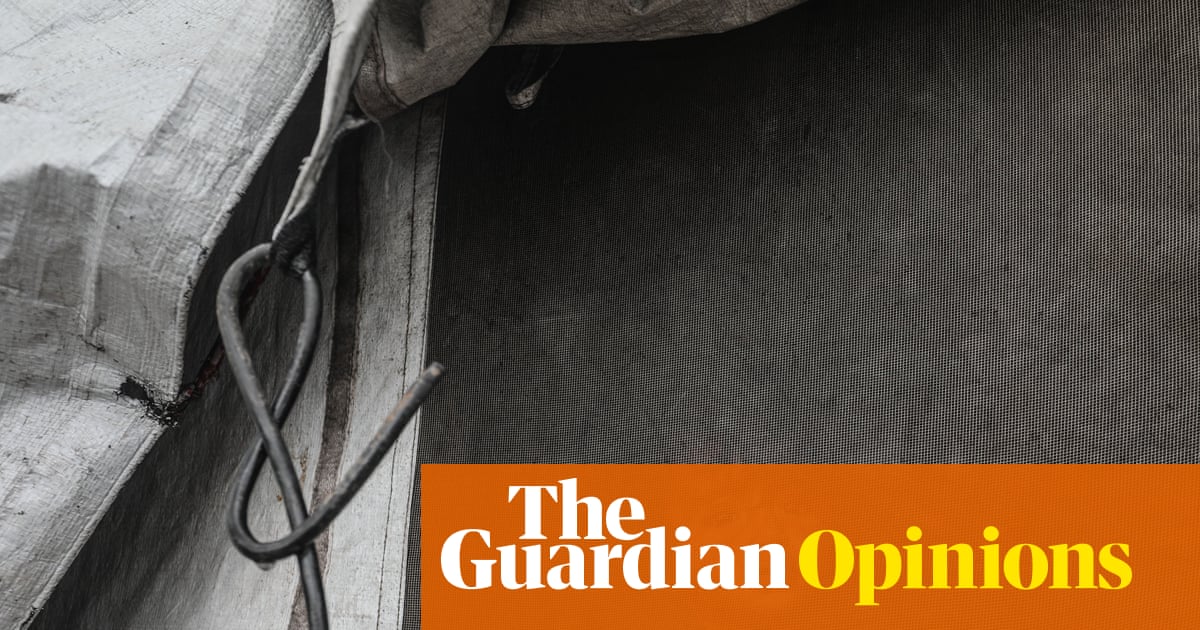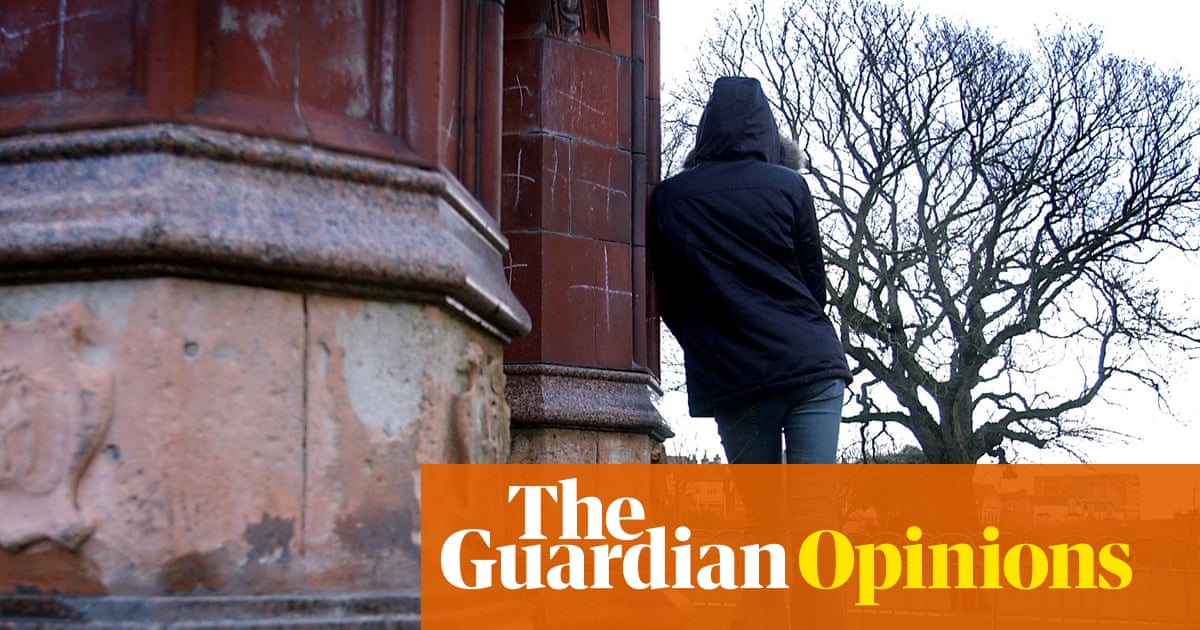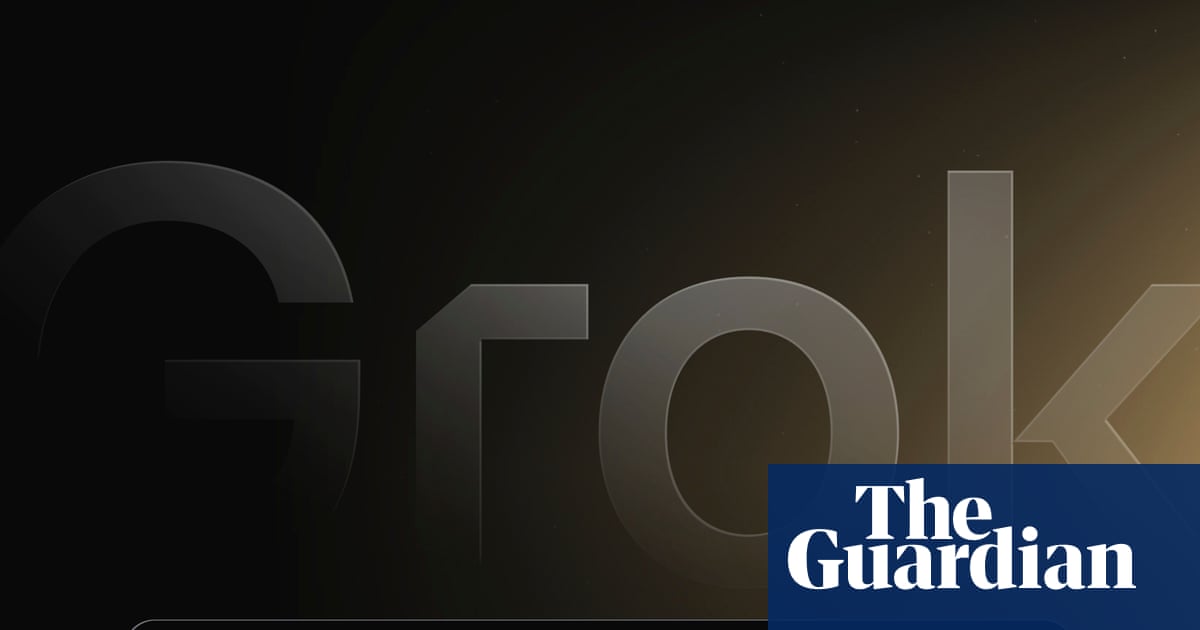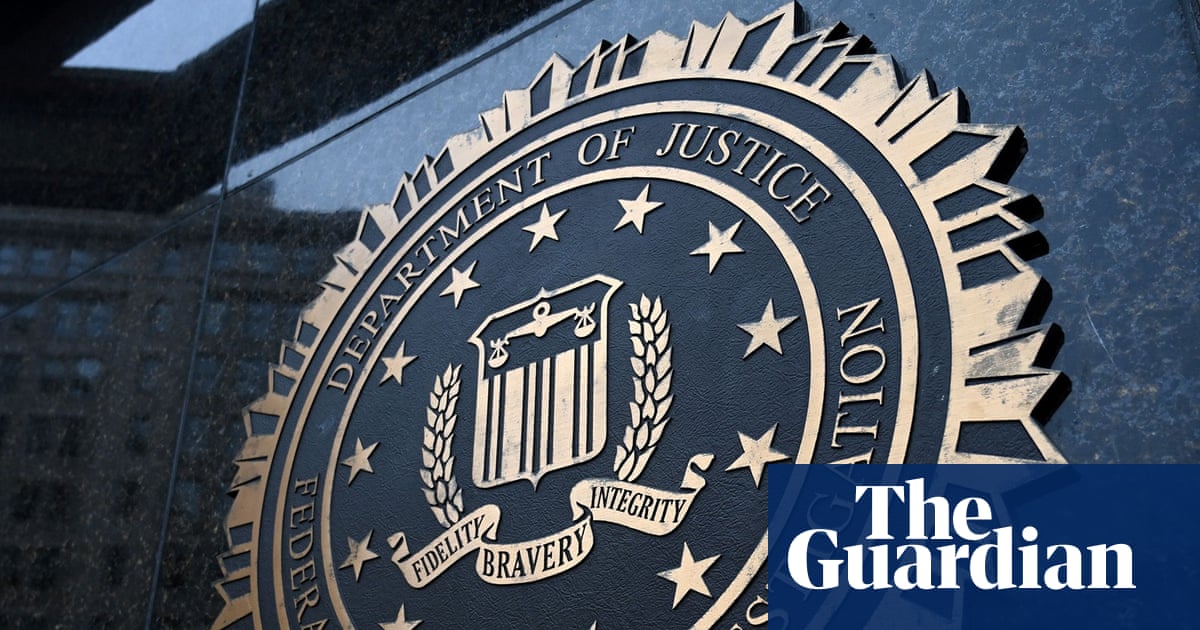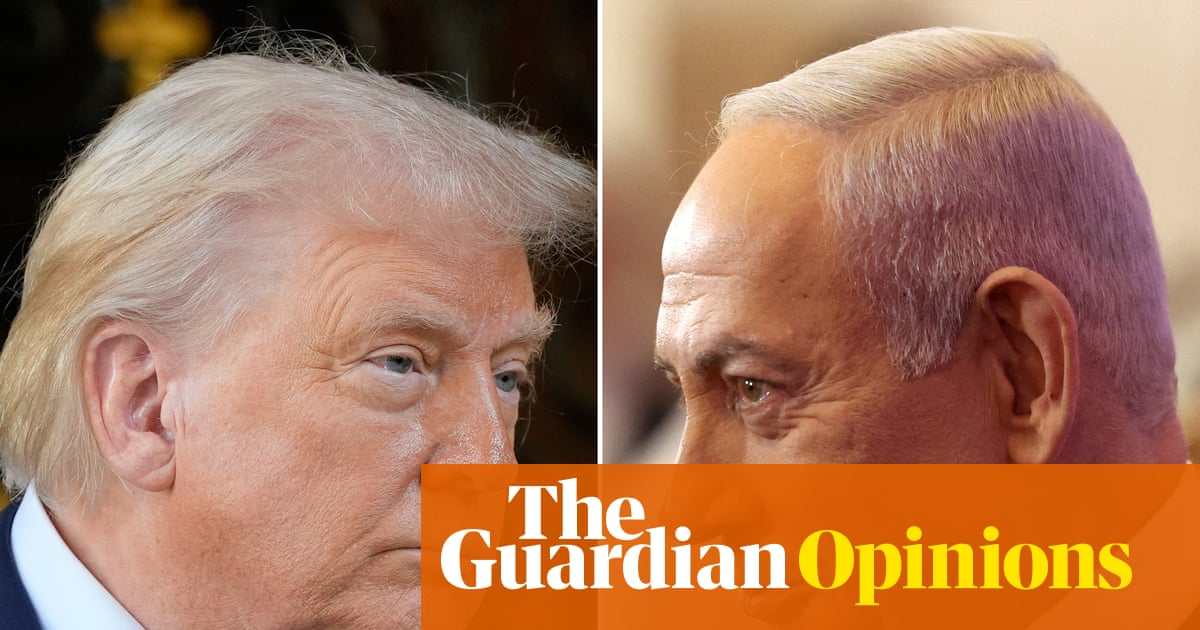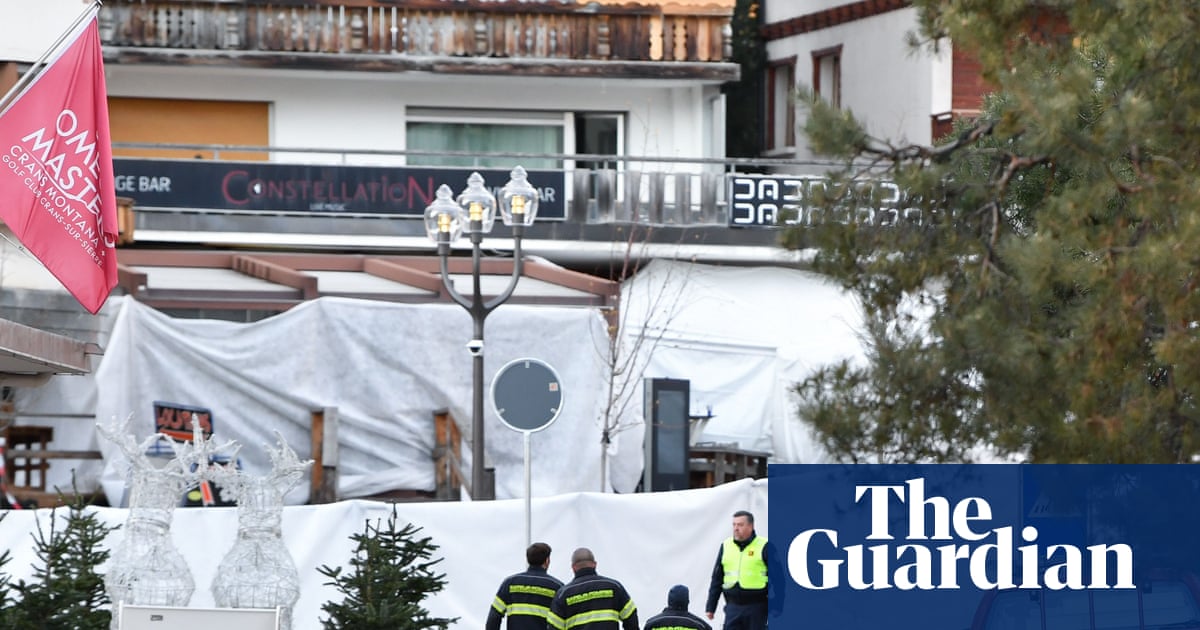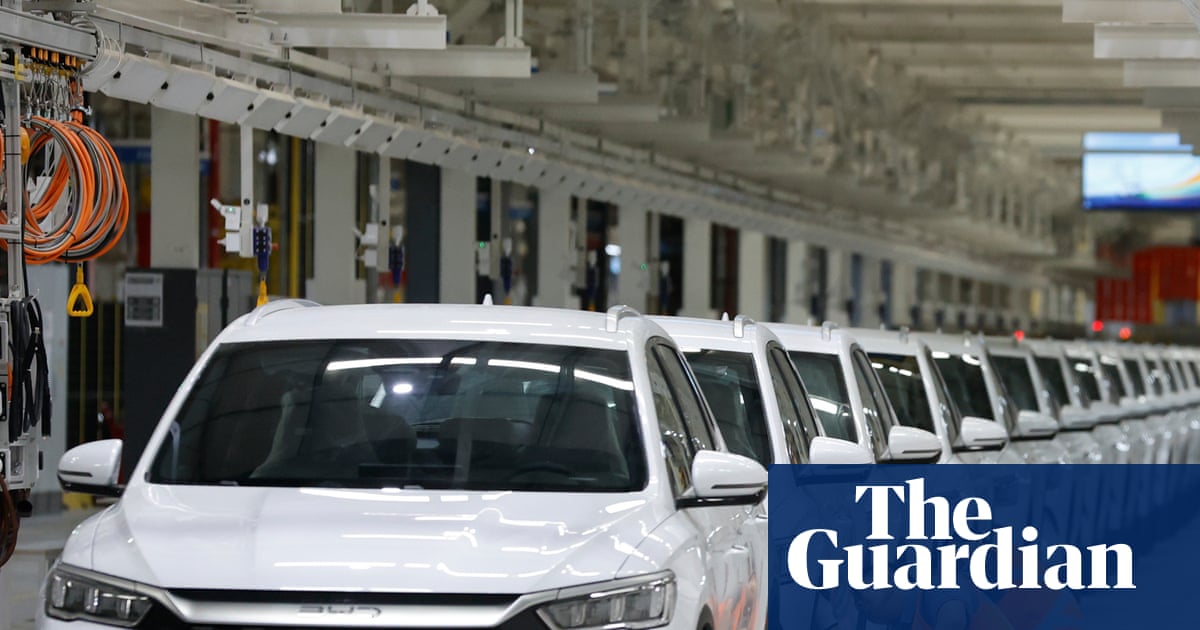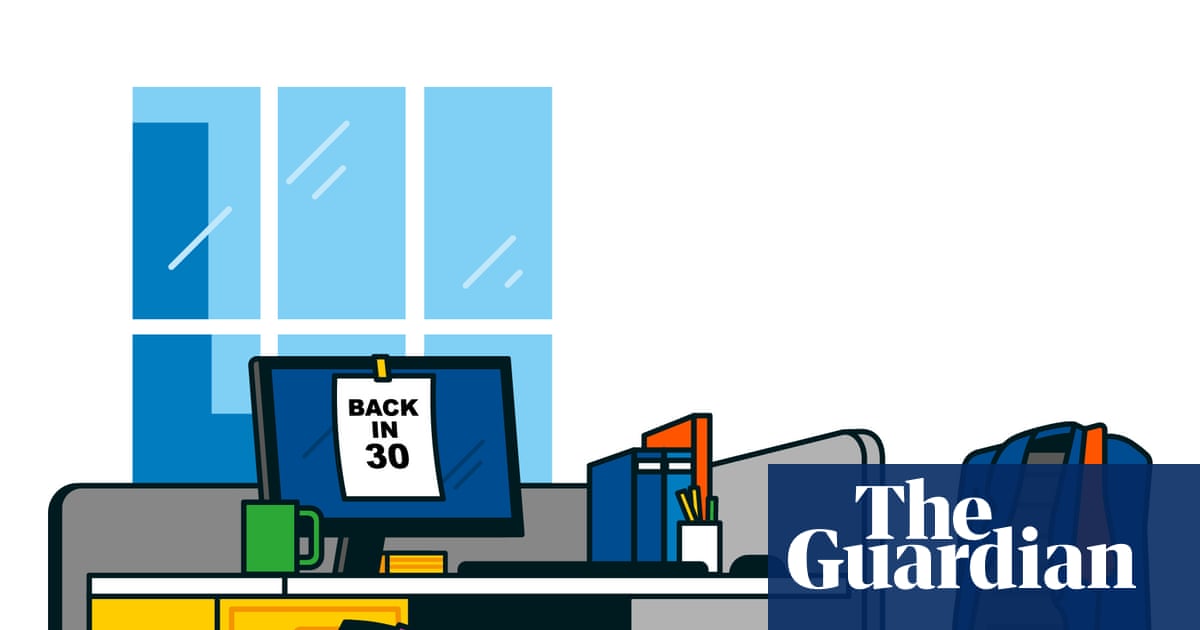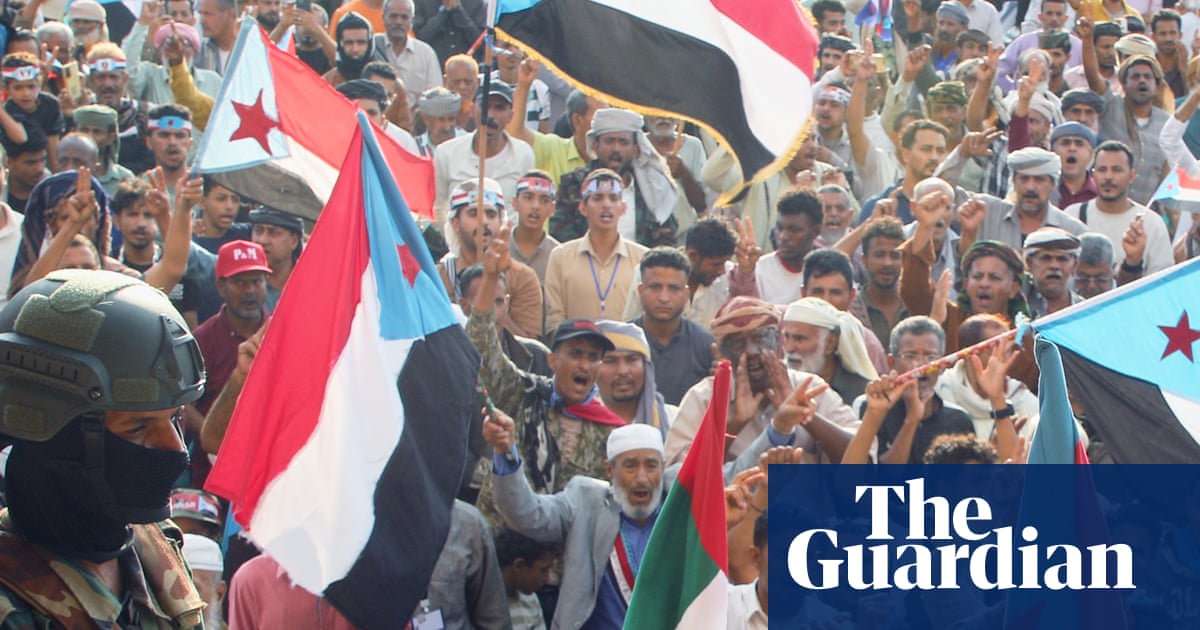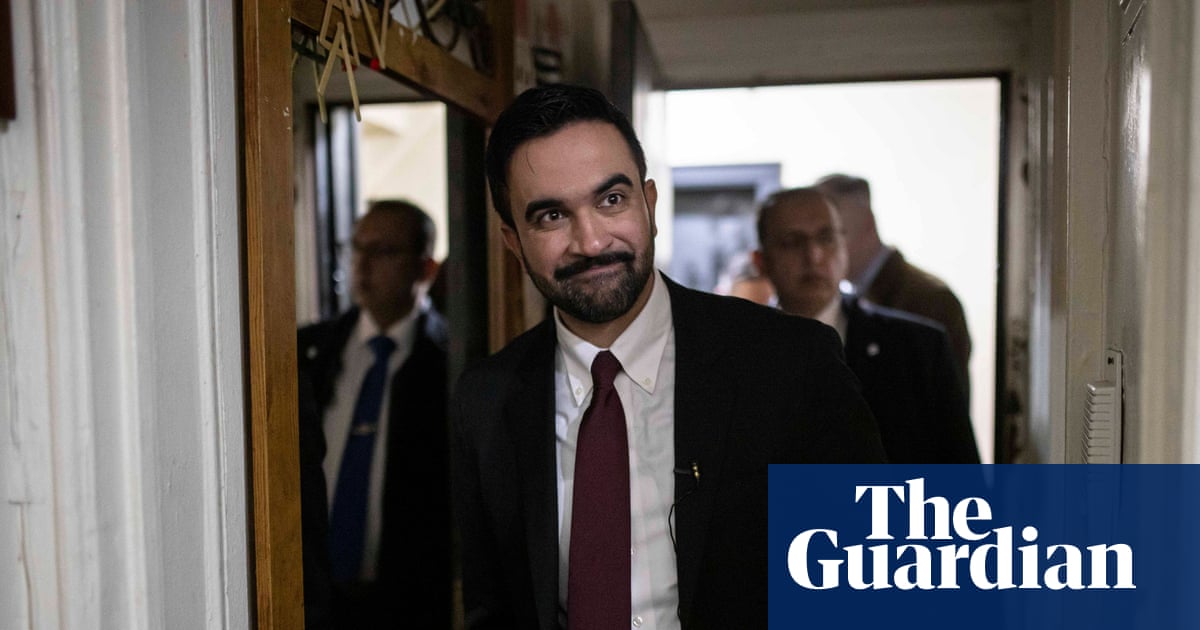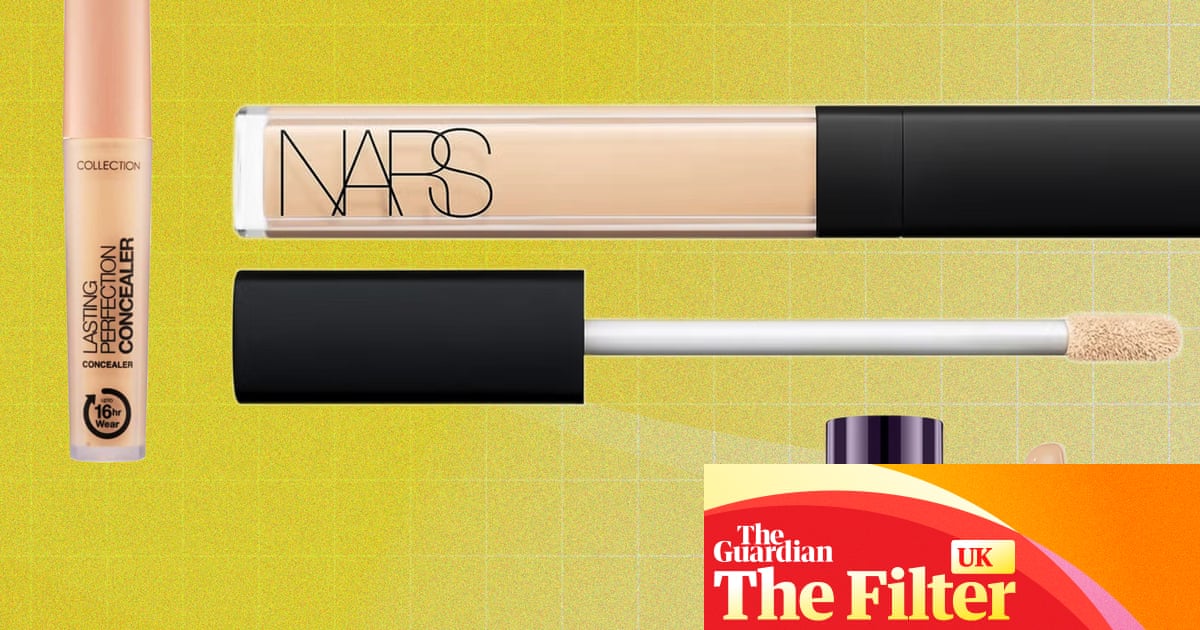I arrived at my friend’s apartment close to midnight, crumpled and groggy, too weary to do anything except brush my teeth and go to bed. Open the suitcase: no toothpaste. No problem, my friend insisted, grabbing his phone with the little twinkle in his eye that people get when they’re about to show off a neat trick. They deliver everything here, he said. We’ll call the store downstairs. And so it was with a kind of slack-jawed astonishment I answered the doorbell nine minutes later to a man in a motorcycle helmet, proffering a single blue carrier bag containing a single tube of Colgate, taking the money and receding wordlessly back into the night.
This, a decade ago, was my first contact with Dubai. And though of course you can get gig-economy groceries in most major cities these days, Dubai still stands out as a world of shortcuts and simple conveniences, a world of abundance and plenty, a world where everyone and everything has its price. If you fancy a quadruple-decker club sandwich at 3am, Dubai has you covered. Taxis are cheap and everywhere. At the famous Friday brunches hosted by most of the luxury hotels, afternoons dissolve in a bouquet of bottomless fizz, the plates shovelled high with food that will never be eaten. For three weeks I drifted through its five-star establishments and pristine malls, pursued by aggressive blasts of air conditioning, trying not to look into the shadows.
This is the Dubai that gets served up by the countless athletes and celebrities and entrepreneurs and lifestyle influencers and friends on your Instagram feed: a temple of rooftop bars and postcard sunsets, gratification and guilt-free consumption. In a way, this is a place whose unabashed ostentation could scarcely have been better suited around the age of shareable content: a city constructed entirely of snapshots, a secret that dares you to keep it to yourself, an escape from your dreary, high-tax, pigeon-plagued existence.
Recently, however, a certain vibe shift has taken place. A harder and more cogent vision of Dubai seems to have emerged in our political discourse, one in which the emirate is depicted not simply as an escapist lifestyle or luxury holiday destination, but a model society that we should be trying to emulate ourselves. Glossy travel features have evolved into full-blown paeans to Emirati society and culture. And if you peer between the lines, you get perhaps the clearest glimpse yet of exactly how the populist right wants to remake the UK.
“That’s the level of ambition the rest of the world needs,” the broadcaster Piers Morgan gushed on a trip to the city earlier this year. And it was interesting to see Reform UK announcing its latest immigration plans on Monday with a favourable nod to the United Arab Emirates system, in which migrants are issued periodic work visas that continually need to be renewed. “As a political class, we’re not prepared to learn enough from other nations that are getting it right,” said the party’s deputy leader, Richard Tice, in a BBC interview earlier this year.
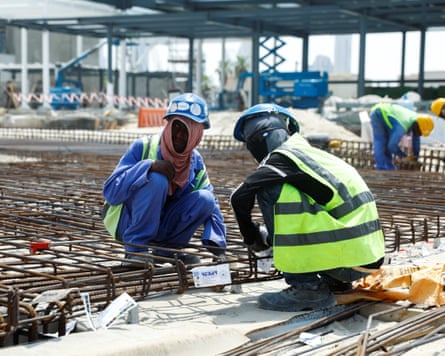
So what does Reform reckon Dubai is getting right? Tice spoke approvingly of the state’s low rate of crime, its sense of national pride, the way schoolchildren are made to stand in class every morning for the national anthem. Tice, in turn, was endorsing a Telegraph column written by his partner, Isabel Oakeshott, who relocated to Dubai last year to escape Labour’s tax on private schools. In it, she enthused over her new home: “a place without striking train drivers, aggressive pro-Hamas marches and endless rain … no toxic gender ideology claptrap or critical race theory … no Just Stop Oil protesters … Those who break the law or can’t look after themselves are simply imprisoned or deported … With no safety net … everyone is hustling.” Here, then, is the quiet part being said out loud.
Dubai presents the hard-right vision of utopia: a place stripped of workers’ protections or the right to protest, a place of pure environmental dereliction, a place where everyone drives everywhere, a place where the queer and the gender-fluid are told from birth that they simply do not exist, a place where citizenship is defined along narrow ethnic lines and everyone else is there on sufferance, where the super-rich and well-connected can simply do and consume as they please. A place where the poor are simply cleared out of sight.
But of course, the poor do exist in Dubai. They live in often squalid camps on the baking peripheries of the city, working long hours for low wages with no protections, indentured if not always by law then by circumstance. Migrant workers form almost 90% of the UAE population, most from south Asia or the Philippines. And unlike the small and gilded class of native Emiratis who enjoy free healthcare and a generous welfare state, they must toil unquestioningly in a system engineered to embed their subservience.
This is the golden archetype of which the influencer Andrew Tate speaks when he calls for “white Dubai”, a country explicitly modelled on racial hierarchy, where the existence of a permanent underclass is not a design flaw but the very point of the exercise. “Give white people a country where only they are citizens,” he urges to his millions of followers. “Everyone else is a visitor on a visa with a two-tier legal system, impenetrable borders and instant deportations.”
after newsletter promotion
It is likely that such a society would by default be non-democratic, run on state violence and a ruthless suppression of dissent, where morality is enforced by oligarchic decree, right down to laws on adultery punishable by prison. It would have massive wealth inequalities baked in, perhaps even revered, an endless reservoir of black and brown men to serve your drinks and build your nine-lane highways. It would, in short, look a lot like Dubai.
But there would be flags everywhere, and crime would be low, and the buildings would be tall and gleaming, and most importantly you could hire a migrant worker to bring a tube of toothpaste to your front door at any time of the day or night. Come for the beaches and the brunches; stay for the privatised healthcare and human rights restrictions. And of course these two visions of Dubai are not separate but in service of each other: a way of life being sold to us selfie by selfie, scroll by scroll, story by story, by people who often have no idea what they are really selling.
-
Jonathan Liew is a Guardian columnist

 3 months ago
112
3 months ago
112
